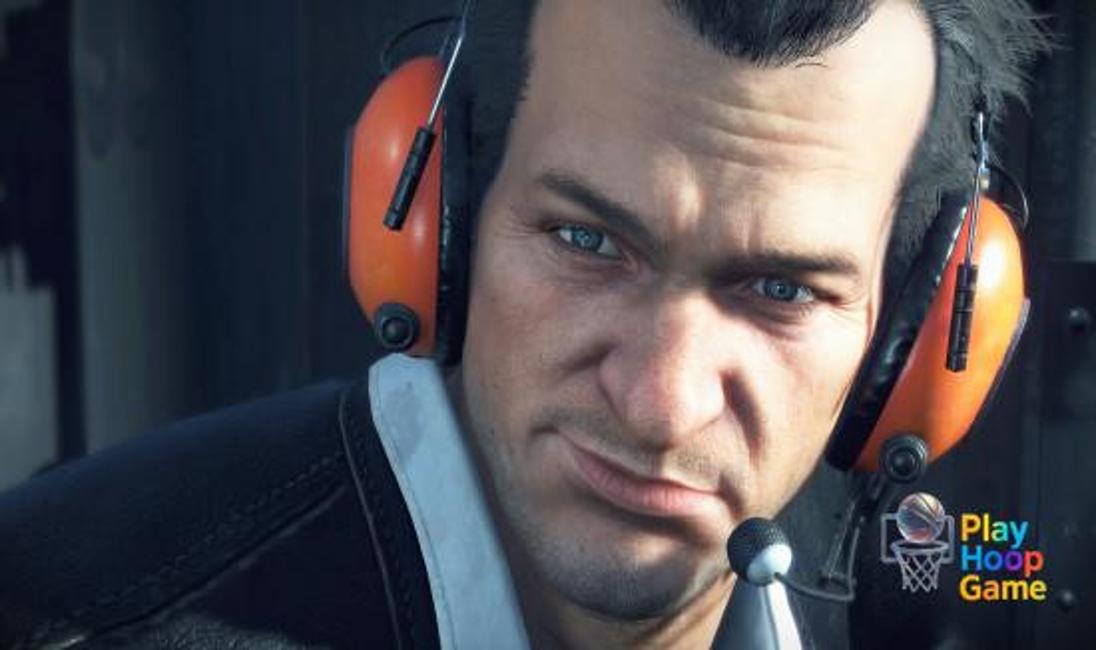So, Capcom finally did it. A year later, they've yanked Denuvo anti-tamper tech from the Dead Rising Deluxe Remaster. You might be wondering, "What's the big deal?" Well, buckle up, because this is more interesting than it sounds. It's not just about a game getting a performance boost (though that's definitely part of it). It's about a changing landscape, a push and pull between developers, DRM, and, well, us – the players. Here's the thing: Denuvo is like that gatekeeper everyone loves to hate. It's supposed to stop piracy, but often it just… slows things down. For legitimate players. Yeah, the irony isn't lost on anyone.
Why Denuvo Removal Matters (And Why It Took So Long)
Let's be real, Denuvo has a reputation. A reputation for being a resource hog, impacting game performance. I remember the first time I encountered a Denuvo-protected game – the loading times were atrocious! And that was on a rig that should have been eating the game for breakfast. Now, I'm not saying Denuvo is always the culprit, but the correlation is definitely there. So, why do developers use it? Because piracy is a real threat, obviously. Especially in those initial launch windows. A game's first few weeks can make or break it, and Denuvo is supposed to provide that protection. Supposed to. But after a year? The pirates have already cracked it, the initial sales rush is over... what's the point of keeping it around? Unless… the game has a strong community that keeps it alive for many years.
Well, money. Think about it this way: Removing Denuvo requires effort. It's not just flipping a switch; developers have to dedicate resources to it. So, if a game's sales have tapered off, the ROI (return on investment) might not be there. That's the cold, hard truth of game development. Game studios are businesses.
But, and this is a big but, there's also the goodwill factor. Removing Denuvo is a PR win. It shows you're listening to the community, that you care about their experience. And in the long run, that can be worth more than a few extra sales. It is a port right?
The Performance Boost: Real or Imagined?
Okay, let's talk about the elephant in the room: performance. Does removing Denuvo actually make a difference? The answer, frustratingly, is: it depends. For some games, the impact is negligible. For others, it's night and day. There have been reports of faster loading times, smoother frame rates, and an overall more responsive experience after Denuvo is removed. I've seen the comparison videos myself – the difference can be staggering. The frustrating thing about this topic is, the improvements can be inconsistent. It depends on the game, the hardware, and even the specific version of Denuvo used. But generally speaking, removing that extra layer of DRM is going to free up some resources. Resources that can then be used to, you know, actually run the game.
And it's not just about raw performance. Denuvo can also cause stuttering and input lag, which are incredibly annoying, especially in fast-paced games. So, even if the average frame rate doesn't increase dramatically, the overall feel of the game can improve significantly. Actually, that's not quite right. Let me try to explain this more clearly… Denuvo, by its very nature, is constantly checking and verifying the game's files. This constant checking can introduce micro-stutters and other inconsistencies, even on powerful hardware.
What Does This Mean for the Future of DRM?
I keep coming back to this point because it's crucial: Capcom pulling Denuvo from Dead Rising Deluxe Remaster isn't just about one game. It's a signal. A signal that developers are starting to re-evaluate their approach to DRM. Maybe they're realizing that the benefits of Denuvo – preventing piracy in the short term – are outweighed by the costs – negative PR, performance issues, and the eventual removal of the DRM anyway. Who knows? Perhaps this will mean more Ps games sales.
I've got to admit, this part fascinates me. The back-and-forth between developers and pirates is a constant arms race. New DRM is created, it's cracked, new DRM is created again. Is there a better way? Some developers are experimenting with alternative DRM solutions, or even going DRM-free altogether. CD Projekt Red, the studio behind The Witcher series and Cyberpunk 2077, has always been a staunch opponent of DRM, and their games are consistently among the best-selling on PC. Maybe, just maybe, they're onto something. Maybe treating players with respect – trusting them not to pirate your game – is a more effective strategy than locking everything down with intrusive DRM. Think about it this way: happy players are more likely to buy your game, recommend it to their friends, and support you in the future. Angry players? Not so much. For more general information on DRM, you can always check Wikipedia.
FAQ: Denuvo and Dead Rising
Will removing Denuvo magically fix all the game's problems?
No, absolutely not. Denuvo removal might improve performance, but it won't address underlying bugs or design flaws. Think of it as removing a speed bump, not rebuilding the entire road. If the game had other issues, they'll still be there. But it can definitely make the game feel smoother and more responsive.
How do I know if Denuvo was actually removed?
The best way is to check the game's patch notes or community forums. Usually, when a developer removes Denuvo, they'll announce it. You can also look for comparisons online – if people are reporting significant performance improvements after a specific update, it's a good sign that Denuvo is gone. Plus, if you own the game you can try it.
Why don't all developers remove Denuvo after a year?
Here's the thing: removing Denuvo takes time and resources. Developers have to dedicate programmers to the task. If a game's sales have slowed down, they might not see the value in doing so. It's a business decision, plain and simple. Also, some developers might still believe that Denuvo is providing some level of protection, even after a year. Every game is different and has different needs. When a year later, Capcom pulls Denuvo from the Dead Rising Deluxe Remaster, it's because they feel like that's the correct decision.
Is Denuvo always bad?
It's complicated. Denuvo is a tool, and like any tool, it can be used well or poorly. The idea of DRM is that it can protect sales. But the most important thing is to avoid damaging the performance of a game. If it's implemented in a way that doesn't significantly impact performance, and if it's removed after a reasonable amount of time, it can be a reasonable compromise. But when it causes problems for legitimate players, it's a net negative.

























